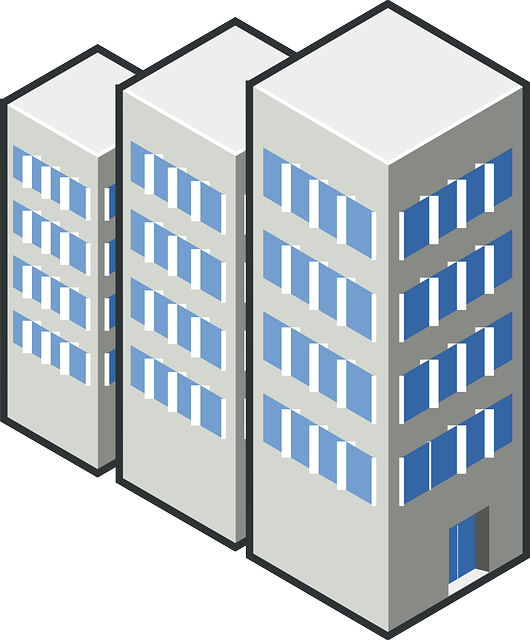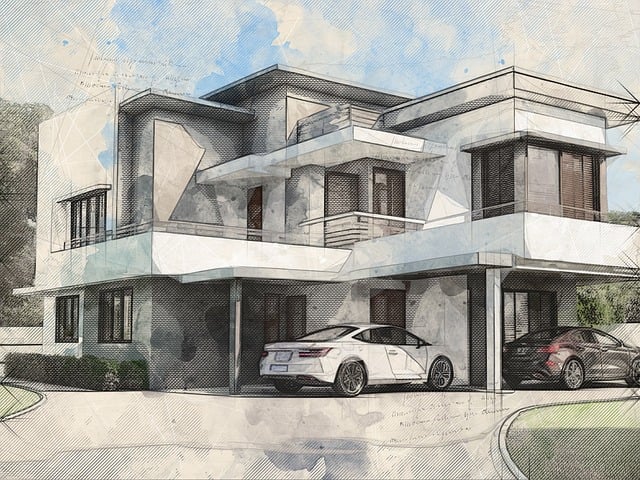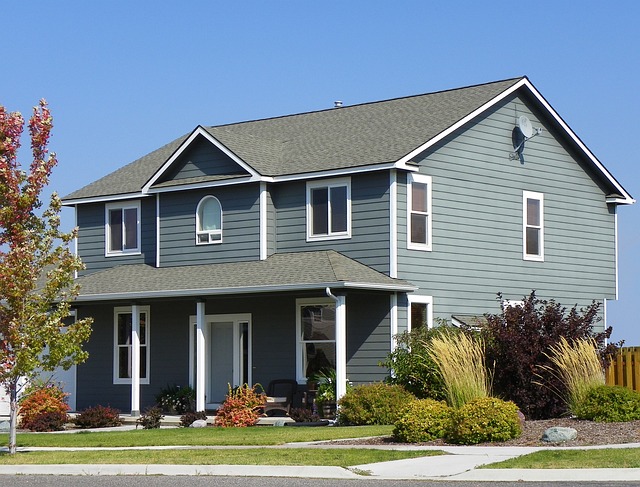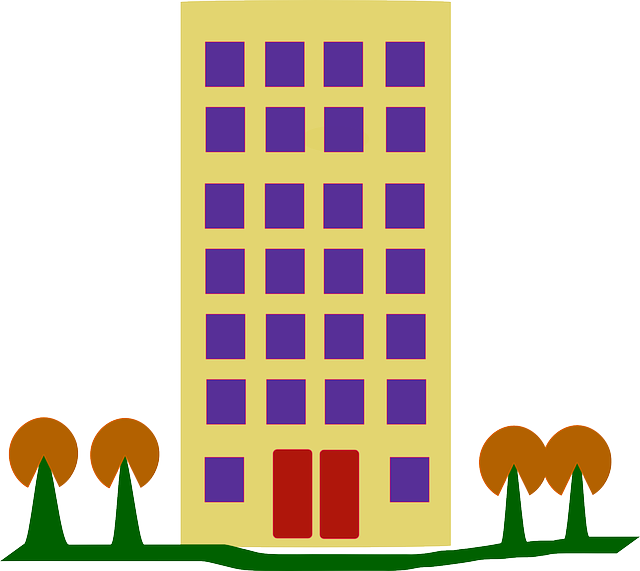When deciding between an Executive Condo (EC) and a Housing & Development Board (HDB) flat in Singapore, consider the long-term investment perspective. ECs are tailored for couples transitioning from public to private housing, offering a mix of affordability and condominium amenities. They have the unique advantage of being eligible for sale to both citizens and permanent residents after five years, which can increase their market value and liquidity compared to HDB flats. Additionally, ECs have the potential to be upgraded to private property status, which could lead to faster appreciation in value. In contrast, HDB flats are stable and affordable housing options with a mature resale market but generally appreciate at a slower rate. Investors who prioritize long-term capital growth might find ECs more attractive given Singapore's dynamic housing landscape and policy changes that favor such investments.
Considering the residential landscape in Singapore, discerning homeowners often ponder between an Executive Condominium (EC) and a Housing & Development Board (HDB) flat. This article delves into the nuanced differences between these two housing options, offering insights into their frameworks, eligibility criteria, design and amenities, financial implications, market dynamics, and long-term value. Whether you’re a first-time homebuyer or looking to upgrade, understanding the unique aspects of ECs versus HDB flats is key to making an informed decision that aligns with your lifestyle and investment goals.
- Understanding the Executive Condominium (EC) Framework
- Eligibility Criteria for Buying an Executive Condo vs HDB Flat
- Design and Amenities: The Modern Living Experience in ECs Compared to HDBs
- Financial Considerations: Cost of Acquiring and Owning an EC Versus an HDB
- Resale and Rental Potential: Assessing the Market Dynamics for ECs and HDBs
- Location and Proximity to Amenities: Factors Influencing the Choice Between ECs and HDBs
- Long-term Value and Investment Opportunities: The Future of ECs vs HDBs
Understanding the Executive Condominium (EC) Framework

In Singapore’s property landscape, the Executive Condominium (EC) stands as a unique housing option for aspiring homeowners. Unlike traditional Housing & Development Board (HDB) flats, ECs offer a middle ground between public and private housing, designed to cater to the needs of young couples or families who are looking to upgrade from an HDB flat but may not yet be ready for the full commitment that comes with a private condominium. The framework governing ECs is distinct in several aspects. For instance, eligible applicants must satisfy specific criteria: they must either be first-time buyers, singles seeking to purchase with family members, or existing flat owners looking to upgrade. Moreover, Singaporeans who have previously owned an HDB flat and have sold it can also apply for an EC. The waiting time after selling a resale HDB flat before applying for a new EC is two and a half years, which is shorter compared to the five-year waiting period for private condominiums.
Upon fulfilling the eligibility requirements, prospective homeowners can navigate the various benefits of owning an EC. These include larger living spaces, typically ranging from 107 to 128 square meters for a three-room unit, and amenities comparable to those found in private condos, such as swimming pools, gyms, and function rooms. Additionally, ECs are situated within mature estates, offering residents convenience and accessibility to amenities and public transport. The framework also provides a flexible lease term of 99 years, which is significantly longer than the standard 99-year lease for HDB flats, mirroring the lease terms of most private properties. This aspect ensures that ECs are not only an immediate solution but also a viable long-term investment, making them an attractive option for many in Singapore’s vibrant housing market.
Eligibility Criteria for Buying an Executive Condo vs HDB Flat

When considering the decision between purchasing an Executive Condominium (EC) and a Housing & Development Board (HDB) flat, understanding the eligibility criteria for each is crucial. HDB flats are designed primarily for Singapore citizens, with specific schemes allowing permanent residents to apply for certain types of flats under the Public Scheme or the Fiancé/Fiancée Scheme after satisfying the relevant conditions. On the other hand, ECs are a hybrid of public and private housing tailored for couples who can afford a bit more than an HDB flat but do not wish to enter the private property market yet. Both Singapore citizens and permanent residents may apply for an EC, but they must meet the criteria set by the Housing & Development Board.
For Singapore citizens, the eligibility differs slightly. They have broader options when it comes to purchasing both HDB flats and ECs. However, after acquiring an EC, they are required to sell their unit if they wish to buy a resale flat or another EC, at least 5 years from the date of purchase, as stipulated by the HDB’s policy. This is to ensure that these units are available for first-time applicants. Meanwhile, Singapore citizens who have previously taken an EC loan are not eligible to apply for a new EC loan for the first five years after the disposal of their current EC, and they must also satisfy the Monthly Household Income Ceiling set by the HDB. Potential buyers should carefully consider these eligibility criteria when deciding between an Executive Condo and an HDB flat, as the choice will have long-term implications on their housing options and opportunities in Singapore’s property market.
Design and Amenities: The Modern Living Experience in ECs Compared to HDBs

When considering a residence that offers contemporary living spaces and comprehensive amenities, Executive Condos (ECs) present a compelling alternative to HDB flats. ECs are designed with the modern family in mind, often featuring sophisticated architectural designs, spacious layouts, and high-quality finishes that cater to discerning tastes. These developments are typically equipped with premium facilities such as swimming pools, gymnasiums, BBQ pits, function rooms, and children’s playgrounds, all meticulously planned to foster a vibrant community lifestyle. In contrast, while HDB flats offer a wide array of sizes and types to suit various needs, they traditionally come with more standardized designs and a more uniform set of amenities that are sufficient for the basic comfort and convenience of residents. However, with recent developments, some HDB estates have started integrating improved communal facilities, though these may not match the extensive offerings found in an Executive Condo. Prospective homeowners looking for a modern living experience with contemporary designs and a suite of on-site amenities will often find that ECs provide a superior choice over HDB flats, offering a lifestyle that is both sophisticated and well-equipped for today’s families.
Financial Considerations: Cost of Acquiring and Owning an EC Versus an HDB

When considering residential options in Singapore, the choice between an Executive Condominium (EC) and a Housing & Development Board (HDB) flat involves significant financial considerations. Prospective homeowners must evaluate the cost of acquiring and the long-term costs of owning these properties. An EC is a hybrid housing option designed for couples who wish to upgrade from a public to a private residence, with prices that can be higher than those of HDB flats due to their condominium facilities and more spacious layouts. The cost of purchasing an EC typically falls within the price range of a five-room HDB flat, offering a middle ground in terms of affordability. However, compared to HDB flats, ECs may come with a higher initial outlay, which includes the purchase price and any additional costs such as legal fees and stamp duty.
Ownership costs also vary between ECs and HDB flats. For instance, while both types of properties are eligible for housing grants, the extent of assistance can differ. Additionally, EC owners pay a maintenance fee to cover common area upkeep and amenities, which is not applicable for HDB flat owners. Over the long term, the cost of maintaining an EC might be higher due to its enhanced features and communal facilities. Moreover, the resale value of ECs may be influenced by their transition from being eligible for HDB grants to private property status after 10 years, impacting the financial considerations for future buyers and sellers. It’s important for potential homeowners to assess their long-term plans and financial standing, as the costs associated with owning an EC versus an HDB flat can have different implications based on individual circumstances.
Resale and Rental Potential: Assessing the Market Dynamics for ECs and HDBs

When considering the resale and rental potential of properties in Singapore, both Executive Condos (ECs) and HDB flats present unique market dynamics that cater to different segments of the population. Executive Condos, which are a hybrid of public and private housing designed for couples with at least one SingPass account, offer a middle ground between the traditional Housing & Development Board (HDB) flats and private condominiums. As ECs are newer developments compared to many HDB flats and come with a host of amenities and facilities that appeal to families, they often attract a broad range of tenants and buyers looking for a balanced lifestyle without the full price tag of a private property. This can lead to a robust resale and rental market for ECs, with their potential for appreciation making them an attractive option for investment.
In contrast, HDB flats have historically been the most common type of housing in Singapore, offering affordability and stability for many generations of residents. The government’s strict policies on ownership and resale ensure a stable market, making HDB flats a reliable choice for both living and investing purposes. The resale and rental markets for HDB flats are well-established, with a consistent demand driven by their strategic locations, diverse range of types to suit various household sizes, and the trust in the longevity of these properties. Both ECs and HDB flats offer strong market potential, but investors should carefully consider factors such as location, condition, and prevailing housing policies when assessing resale or rental opportunities. With Singapore’s dynamic property market, staying informed about government initiatives and housing trends is crucial for making informed decisions.
Location and Proximity to Amenities: Factors Influencing the Choice Between ECs and HDBs

When considering a residential property in Singapore, the location and proximity to essential amenities play a pivotal role in shaping the lifestyle of potential residents. Executive Condos (ECs), which are a hybrid between public and private housing, offer unique advantages for those seeking a balance between affordability and accessibility. Unlike traditional HDB flats, ECs are often situated in mature estates or areas slated for future development, providing residents with convenience and connectivity. These developments are carefully planned to be within close proximity to shopping centers, supermarkets, eateries, and other daily necessities, catering to the diverse needs of families. Additionally, ECs are frequently located near transportation hubs such as MRT stations and bus interchanges, enhancing commuting options for residents. In contrast, HDB fliders have a wider spread across various stages of estate maturity, from mature to newer towns. The choice between an EC and an HDB flat thus becomes influenced by the specific location preferences and the level of urban infrastructure one desires in their vicinity. Proximity to schools, parks, and healthcare facilities is also a significant factor for families, and both ECs and HDBs offer various options depending on the desired catchment area. Ultimately, when comparing Executive Condos to HDB flats, potential homeowners must weigh the convenience of amenities and the lifestyle benefits against their budget and housing preferences, as location can significantly impact the overall quality of life.
Long-term Value and Investment Opportunities: The Future of ECs vs HDBs

When considering long-term value and investment opportunities, discerning homeowners often compare the prospects of an Executive Condominium (EC) with those of a Housing & Development Board (HDB) flat. ECs, which cater to sandwiched generation couples who may outgrow an HDB flat but cannot afford private property, have unique characteristics that could influence their long-term value. Unlike HDB flats, which are exclusively for Singapore Citizens and have a resale market limited until the unit is at least five years old, ECs offer a middle ground with a predetermined period where they can be sold to both citizens and permanent residents. This flexibility can make ECs more attractive to a broader range of buyers, potentially increasing their demand and value over time.
Furthermore, the value proposition of ECs is bolstered by their upgrading potential. After meeting certain criteria, including the satisfaction of a five-year minimum occupation period, ECs can be upgraded to private property status. This upgradability means that ECs may appreciate in value faster than HDB flats, given the right market conditions and strategic location. In contrast, HDB flats are designed primarily for owner-occupiers, with a resale market that matures only after five years from the date of purchase or completion of the flat, whichever is later. While HDB flats provide stable and affordable housing options, their investment potential is generally seen as more conservative compared to ECs. Investors looking at long-term capital appreciation may find ECs a more compelling option, especially considering the evolving needs of Singapore’s demographic shifts and the government’s housing policies.
When considering housing options in Singapore, discerning homebuyers often compare Executive Condos (ECs) and HDB flats. Each has its unique set of characteristics that cater to different lifestyles and financial considerations. ECs, with their modern designs and comprehensive amenities, offer a lifestyle akin to private condominiums yet at more affordable prices, making them a popular choice among upgrading families. The eligibility criteria for purchasing an EC are distinct from those for HDB flats, tailored to meet the needs of those who aspire to move up the property ladder without necessarily opting for full privatization. Financially, while both types of housing offer competitive pricing, ECs may present more value for money over time, especially considering their resale and rental market potential. Proximity to essential amenities can vary, but many ECs are strategically located to provide convenience and connectivity. Looking ahead, the long-term value and investment opportunities of ECs, particularly in mature estates, show promise for savvy investors. Ultimately, the decision between an Executive Condo and an HDB flat depends on individual needs, preferences, and financial planning. Prospective homeowners are advised to weigh these factors carefully to make an informed choice that aligns with their life goals and financial aspirations.



